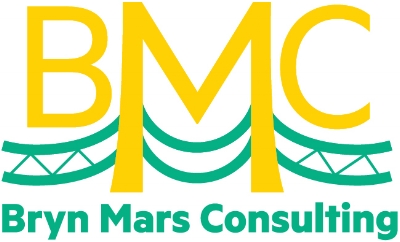Advisor, Adviser.. whichever way you spell it.
As is typical, it's taken me a while to gather my thoughts for my next musing. But I'm hopeful that this one will strike a chord with many of you, as it has been a topic of many ongoing conversations recently.
The idea of next-gen engagement is not a new one. Though I was one of the few "next-gens," on the circuit when I first started about 19 years ago, I'm happy to report that is no longer the case. Families and advisers alike have moved past the stage of realizing they need to engage and prepare the next generation of owners, and have started to ponder the "how," and often the "who."
Who will help families navigate the choppy waters of preparing the next generation, and importantly, who will the next gen want to be by their side when they begin to take over? I think you know where I'm going with this - trusted advisers. Unfortunately, we all get older, which means not only are our family members aging and transitioning, so are our advisers. This creates both a challenge as well as a great opportunity.
Like generations past, many of us next-gens have friends who went to business school who are now working as wealth managers, or lawyer friends who work as estate attorneys. We have relatives who work for hedge funds, and friends who trade in crypto-currency. In short, we are not devoid of intelligent people whom we trust. So, how do advisers tackle the challenge of maintaining their family clients during transition, both of the family and of the advisory firm?
Values. Values? Come on, Bryn. Trust. That's what you're supposed to say - build trust. Yes. Trust is important. And you absolutely need to gain trust from your new, younger, clients. But in order to build trust, you need to first understand their values, and work from there. Here's an example - if I'm potentially looking for a new wealth manager, and all things are relatively equal, I'm going to go with the manager that understands that I want to focus my portfolio on socially responsible investment opportunities. Understanding my values is a way to showcase that you, the advisor, are listening to me. And guess what, that's a measure of trust.
As I've mentioned in a previous musing, trust is built overtime. But you may not have the luxury of time. You do have the luxury of learning to ask the right questions, listening carefully, and making recommendations that are consistent with the person's and family's values.
Of course, it doesn't hurt to invite even relatively young children to meet you fairly often, even if they are unsure as to the reason. The more time they have with you, the more trust they will build.

